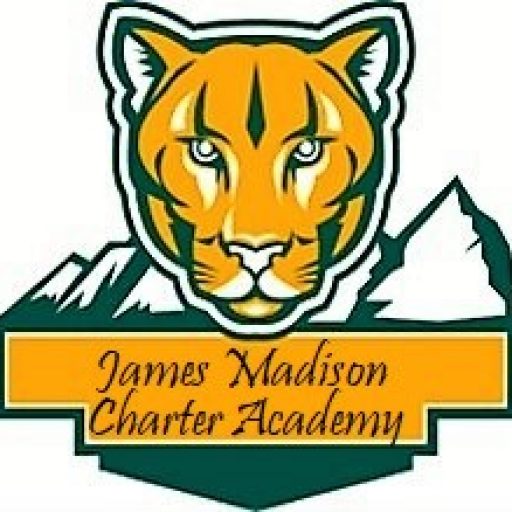Kindergarten – Third Grade Curriculum
Core Knowledge
The Core Knowledge Sequence is predicated on the realization that what children are able to learn at any given moment depends on what they already know—and, equally important, that what they know is a function of previous experience and teaching. Although current events and technology are constantly changing, there is a body of lasting knowledge and skills that form the core of a strong preschool–grade 8 curriculum. Explicit identification of what children should learn at each grade level ensures a coherent approach to building knowledge across all grade levels. Every child should learn the fundamentals of science, basic principles of government, important events in world history, essential elements of mathematics, widely acknowledged masterpieces of art and music from around the world, and stories and poems passed down from generation to generation.
A Coherent, Cumulative, and Content-Specific Curriculum
The idea behind the Core Knowledge Sequence is simple and powerful: knowledge builds on knowledge. For the sake of academic excellence, greater fairness, and higher literacy, Core Knowledge provides a core curriculum that is coherent, cumulative, and content-specific in order to help children establish strong foundations of knowledge, grade by grade.
If all of our children are to be fully educated and participate equally in civic life, then we must provide each of them with the shared body of knowledge that makes literacy and communication possible. This concept, central to the Core Knowledge Foundation’s goal of excellence and equity in education, takes shape in the Sequence—a pioneering attempt to outline the specific core of shared knowledge that all children should learn in American schools.
CKLA
Amplify Core Knowledge Language Arts (CKLA) is a language arts program for Grades PreK–5 that combines a multi-sensory approach to phonics with rich texts carefully sequenced to build content knowledge—so that students learn to read and read to learn at the same time.
Everyday Math
Everyday Mathematics Philosophy
To guide curriculum development, the original Everyday Mathematics authors formulated a set of beliefs and principles based on previous research that showed which methods worked best in other countries and in the authors’ own field research.
Based on these principles, the original Everyday Mathematics authors identified guidelines for teaching to help children build a strong mathematical foundation in their elementary years:
- Move from nearly exclusive emphasis on number calculation to developing conceptual understanding and problem-solving skills in arithmetic, data, probability, geometry, algebra, and functions.
- Link mathematics to everyday situations.
- Link past experiences to new concepts and provide for ongoing, spaced review.
- Make considerable use of partner and small-group activities.
- Include hands-on activities and explorations throughout the K–6 program.
- Buildfact power through daily oral practice, conceptual activities, and games.
- Encourage use and sharing of multiple strategies.
- Provide a wide variety of assessment opportunities.
- Encourage home-school partnerships.
These principles led to the features that guide the Everyday Mathematics program and are a hallmark of its success today. Read more about Everyday Mathematics curriculum features.
Fourth – Eighth Grade Curriculum
Gradient Learning
To succeed in today’s fast-evolving world, students need more than a basic grasp of facts and figures; they need a mastery of academic and socio-emotional skills to tackle the challenges they will face over their lifetime.
Gradient Learning believes, and research confirms, that there is an answer to this dilemma. We at Gradient call students’ academic and socio-emotional development their “Whole Student” education. And while there are several approaches to Whole Student education in the current education system, none currently provides a path to wide-scale impact.
If we want ALL students to receive a Whole Student education, we should use an approach that offers an integrated solution. A Whole Student education lets students grow as whole people. We believe every student is a multifaceted, unique individual. To grow as whole people, we want students to develop both academic prowess in core subjects and a range of competencies they will need to flourish in our dynamic 21st-century world.
In our Whole Student approach, teachers play an active role in helping students grow by supporting them academically, emotionally, and cognitively. Learning these life skills, coupled with academic skills, helps form well-rounded students who are set up for success long after they graduate.
And rather than presenting teachers with separate, siloed tools to piece together, Gradient’s approach brings holistic development to life in an integrated way, which is not only what research says is the best approach, but is also an easier and more efficient approach for educators.
Gradient offers a cohesive system of supports that curates and builds as needed a set of Whole Student tools and resources for school leaders and educators. We pair that with a coaching partnership and professional development that supports school leaders in customizing the system to meet their unique school needs.
It’s through this integrated approach to Whole Student education that schools can meet the needs of students in today’s ever-changing world, ensuring that all students graduate with both the academic and life skills they need to have a strong sense of self, a greater ability to learn, and better life outcomes.
